Podcast: Play in new window | Download (Duration: 43:22 — 29.9MB) | Embed
Subscribe: Apple Podcasts | Spotify | Amazon Music | Android | Pandora | iHeartRadio | JioSaavn | Podchaser | Gaana | Podcast Index | Email | TuneIn | Deezer | Anghami | RSS | More
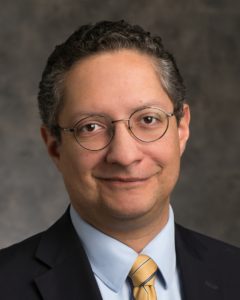
The Lasting Influence of St. Augustine, Pt. 3 – In Conversation with Deacon Omar Gutierrez
Deacon Omar Gutiérrez and Kris McGregor discuss the enduring significance of St. Augustine in Catholic thought, the Church’s spiritual life, and how he may influence Pope Leo XIV’s pontificate. St. Augustine made an immense impact on Western theology, especially his influence on St. Thomas Aquinas, and how this shaped Catholic social teaching through Rerum Novarum. St. Augustine’s deep interior exploration in Confessions resonated with saints like St. Teresa of Avila and St. Teresa Benedicta of the Cross (aka Edith Stein). St. Augustine’s vision in City of God contrasts the self-centered “city of man” with the divine love found in the “city of God,” presenting to us a framework relevant to contemporary challenges of community, power, and personal meaning.
St. Augustine’s personal journey—his moral struggles, intellectual conversion, and his mother Monica’s faithful intercession—is a mirror for today’s searchers, especially in an era marked by isolation and distraction. Deacon Omar reflects on his own experience with the Augustinian spirit of charity and dialogue, pointing out how their emphasis on unity in essentials, freedom in non-essentials, and charity in all things could guide the Church forward, particularly in Catholic social teaching.
For Part 1 of this conversation, click here.
For Part 2 of this conversation, click here.
Discerning Hearts Reflection Questions
- How does St. Augustine’s personal conversion story speak to the struggles in your own spiritual journey?
- In what ways do you see the tension between the “city of man” and the “city of God” in today’s culture?
- How can St. Augustine’s honest self-examination in Confessions inspire deeper prayer and reflection in your life?
- What role does community play in your faith, and how might you nurture it more intentionally?
- How does the witness of St. Monica challenge you to persevere in love and prayer for others?
- Are you seeking comfort and power, or truth and love, in your daily decisions?
- How can you cultivate unity in essentials, freedom in non-essentials, and charity in all things?
- Where do you see the influence of St. Augustine’s thought in the Church’s social teachings today?
- In what ways might you better listen to others as a way of honoring their dignity?
- How is God inviting you to help build the city of God in your family, parish, or society?
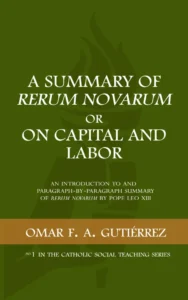 Deacon Omar Gutiérrez is the President and co-Founder of the Evangelium Institute as well as the Director of the Society for the Propagation of the Faith in the Archdiocese of Omaha.
Deacon Omar Gutiérrez is the President and co-Founder of the Evangelium Institute as well as the Director of the Society for the Propagation of the Faith in the Archdiocese of Omaha.
About his book, “A Summary of Rerum Novarum or On Capital and Labor”
This short introduction provides the historical background for Pope Leo XIII’s Rerum Novarum as well as some detail about the pope himself. It also provides a paragraph-by-paragraph summary of the document to better understand the teaching. This is ideal for students of the document and those studying Catholic Social Teaching.




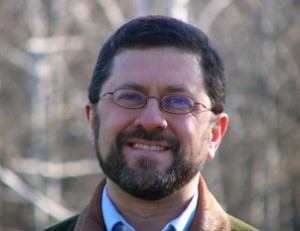
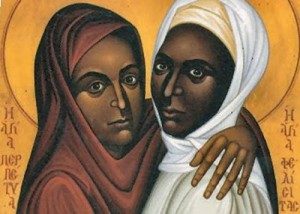 From CNA:
From CNA: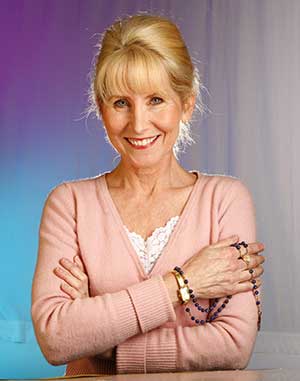
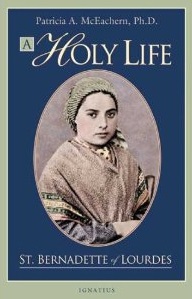
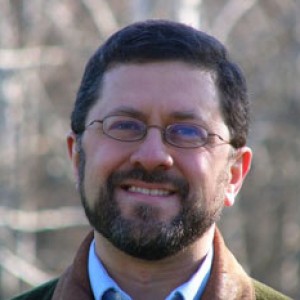 St. Agnes, A Lamb for Christ – In Conversation With Mike Aquilina
St. Agnes, A Lamb for Christ – In Conversation With Mike Aquilina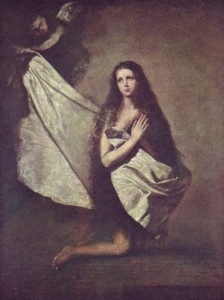
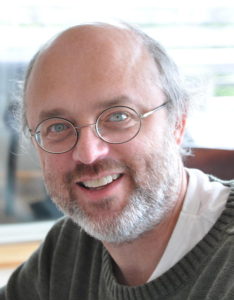
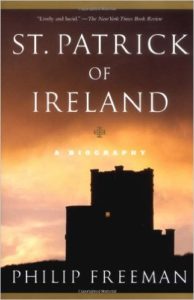
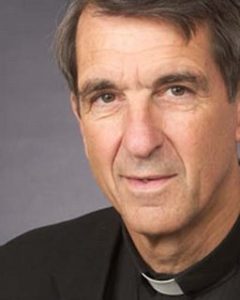
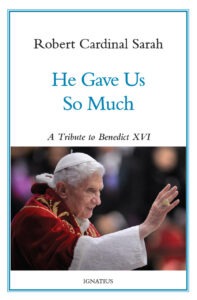 Discerning Hearts Catholic Podcast
Discerning Hearts Catholic Podcast